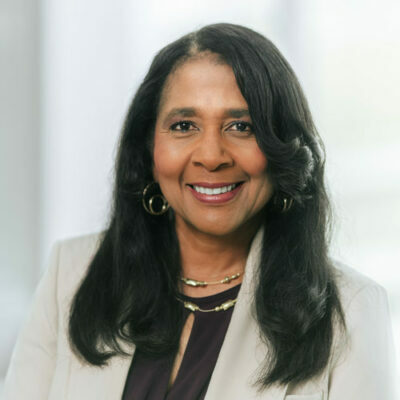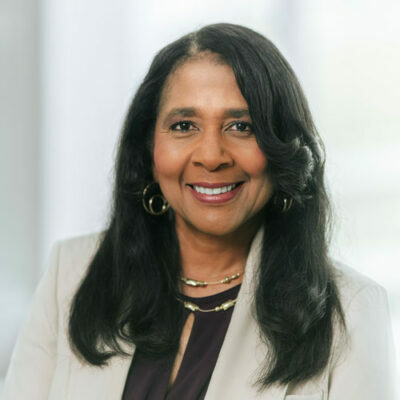Des Moines University (DMU) has used the tag line, “Doing A World of Good” for a few years now reflecting our focus on meeting the health care needs of a very global and changing society. We stress competence and compassion in our approach and we pride ourselves on infusing principles of collaboration and inclusivity in our work.
Actually, through a Diverse Health series launched by the Office of Multicultural Affairs, our students, staff, and faculty are learning more about their own personal biases which may get in the way when we are faced with meeting the healthcare needs of a multicultural society. Becoming more culturally sensitive and competent in that care is an essential ingredient in our training. Clearly, the work we are doing will have an impact.
On the other hand, there is some interesting rhetoric out there which has called into question the appropriateness of the use of the term “diversity”. Perhaps it is a term now overused, yet, it has not changed the fact that we must continue to find ways to express the value of accepting and respecting differences and embracing all.
I recently attended a conference on the challenges of women leaders and listened intently as speakers questioned the value of diversity efforts. One speaker in particular talked about the “seed” versus the “soil” which I found intriguing.
What I did not know was that this phrase comes from the medical field and can be traced back to the 19th century French chemist, Louis Pasteur, who insisted that germs were the cause of disease, not the body. After years of research, however, he came to believe just the opposite, i.e. ” it is the soil, not the seed”. * In other words, “a germ (the seed) causes disease when our bodies ( the soil) provide a hospitable environment”. As I read more about this, I understand it stems from a challenge in the literature which is still being debated which is the issue of “root cause analysis (RCA)”. Wu and associates debated this in an article in the Journal of the American Medical Association in 2008. *
So, I found it intriguing that one of the speakers at this conference on diversifying the work force would use the seed/soil analogy. The more I reflected on this message, however, it became clearer to me that what it really means is that we must focus more on the environment to cultivate and embrace the value added by diverse perspectives as opposed to just recruiting the individual to just add to the ranks.
Until the culture is open and welcoming, adding individuals from diverse backgrounds will not change the dynamic. Actually, without feeling welcomed into the environment, that individual will likely not thrive. So, whereas recruited….the chance of being retained will be compromised.
We must provide that “hospitable environment” in order to attract and retain individuals from diverse backgrounds. Changing the culture and environment must begin with individuals looking within to assess their own biases and stereotypical thinking so that we can have the open, honest dialogue about how differences of perspective makes us all enriched, valued, and respected. At DMU, we will continue to Do a World of Good, because we understand the importance of nurturing and fertilizing the environment.
I’m convinced…. It’s not just the seed…but the soil!
* Sergent E, Sergent E. The Pasteur Institute of Algeria. 1904
* Wu AW, Lipshultz AK, Pronovost PJ. Effectiveness and efficiency of root cause analysis in medicine. JAMA, 2008; 299: 685-687


